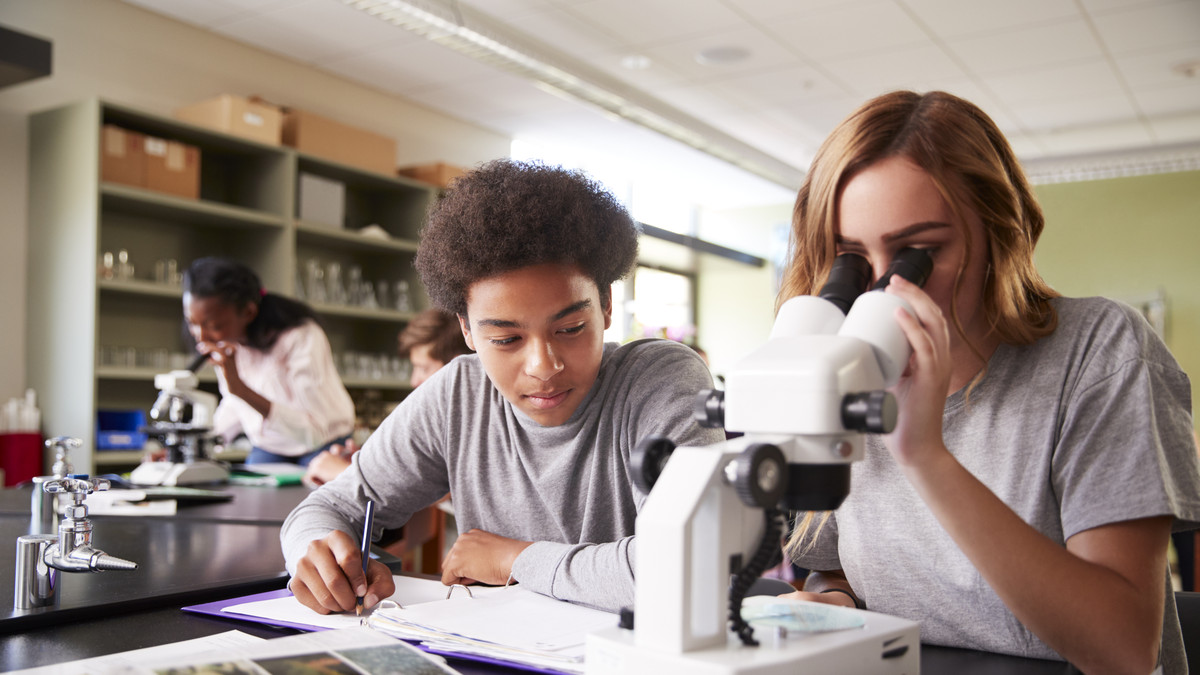NYU Tandon senior Serena Monique Jones is a National Science Foundation (NSF) Fellow and Science Outreach and Research Program (SOAR) Fellow on top of majoring in Biomolecular Science — and yet she still struggles with understanding basic processes like cellular respiration and transcription and translation. Without these mechanisms there is no possibility for any further development in her career life, Jones said.
“I’m still learning these topics in my last year of biology, and while it becomes more and more complex, it is still the same basis,” she said.
These foundational biological concepts and her piqued interest in science classes back in high school were strong factors that drove Jones to study chemical and biomolecular engineering. While she touched upon how fortunate she was to have had math and science teachers in high school who made her equally passionate about STEM, she understood the difficulty in engaging younger students to learn complex scientific theories.
Realizing a new age of educational technology and advocating for incorporating these advancements into classrooms, Jones published “A KAHOOT! Approach: The Effectiveness of Game-Based Learning for an Advanced Placement Biology Class” this past October in SAGE. In partnership with the Urban Assembly Institute of Math and Science for Young Women, Jones and her team proposed using the online game KAHOOT! as a supplement to traditional teacher-centered learning, seeking to determine the games’ use in enhancing student engagement and the learning experience for biology.
In their experimental procedure, Jones and her team first led a PowerPoint presentation on transcription and translation to a small group of AP biology students. In addition to the presentation, two visualizations videos were also used to integrate their next unit on Genetics. Once the instructional material ended, students used their electronic devices to log on to the custom-made KAHOOT! game of 15 multiple-choice questions, testing their comprehension of the transcription and translation unit.
While learning outcomes were not statistically proven, Jones proved that KAHOOT! can increase engagement in high school students learning biology through the students positive response to incorporating the interactive gaming activity with their traditional lecture-style class. However, there is still little research supporting the usage of KAHOOT! in high school STEM classrooms. Jones’s research is the first push in getting high school students over the hurdle of believing that math and science are too challenging, and proving that biology is and continues to be fun.
“Your experiences in high school can shape what you study in college and your future career,” Jones said. “If you start from the beginning with having a great perspective, in college you remember how much fun you had, and it makes learning that much easier, even if the concepts are ten times harder.”
This article was written by Tenders Info from TendersInfo News Articles and was legally licensed through the NewsCred publisher network. Please direct all licensing questions to legal@newscred.com.
